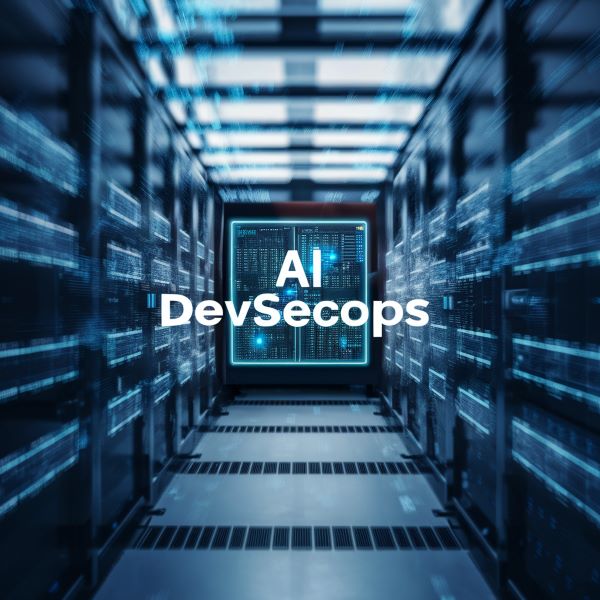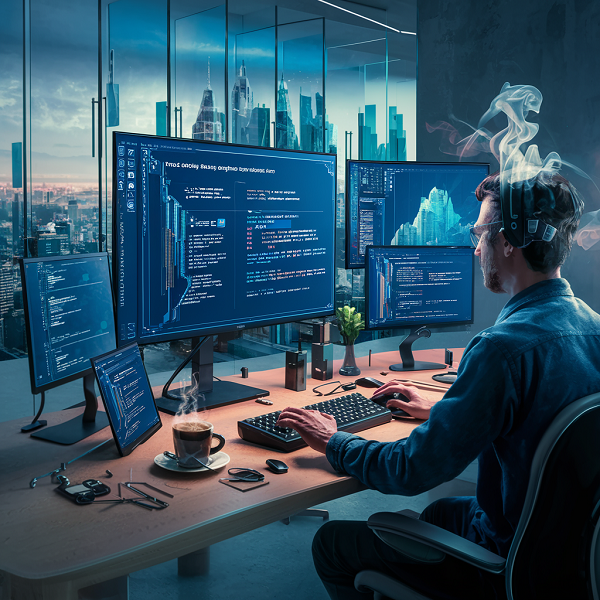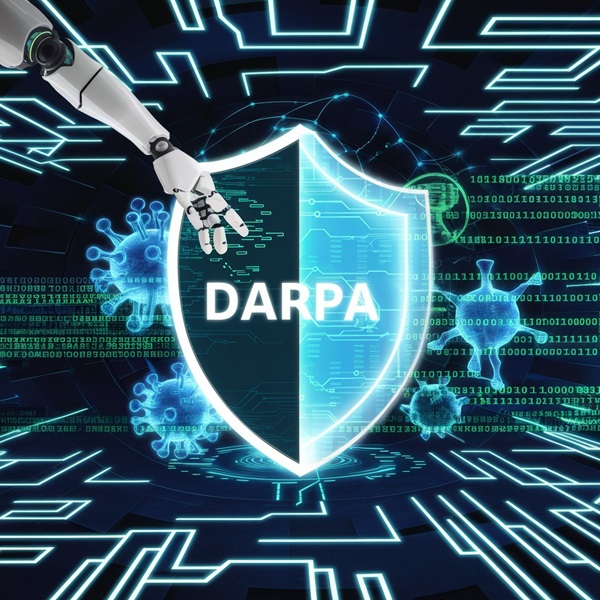The rise of cybercrime and increasingly complex security threats in recent years has fueled the adoption of DevSecOps practices within the software industry. DevSecOps integrates Development, Security, and Operations processes into a unified software lifecycle. While automation has been a core part of DevSecOps, Artificial Intelligence (AI) and Machine Learning (ML) are revolutionizing the field by adding intelligence and automation to security tasks.
Traditional security testing often misses vulnerabilities. AI-powered tools can generate a wider range of test cases, finding those that even manual testers might overlook. Machine learning algorithms can continuously analyze code, system behavior, and network traffic to identify suspicious patterns and potential security breaches. This proactive approach helps prevent attacks before they happen.
Repetitive tasks such as security vulnerability scanning and code review can be automated using AI. This frees up security professionals to focus on more strategic work. Additionally, AI can analyze vulnerabilities and recommend appropriate patches, accelerating the remediation process. For instance, an AI model can scan codebases for security weaknesses and best practice violations, flagging issues for developers to review. After a security breach is identified, AI can automatically analyze the attack and suggest steps to prevent similar incidents in the future.
By leveraging AI and ML, DevSecOps teams can not only improve efficiency but also gain a significant advantage in the ongoing battle against cyber threats. AI can create a diverse set of test cases that go beyond the limitations of manual testers. These tests can mimic real-world attack vectors, uncovering vulnerabilities that traditional methods might miss. Machine learning algorithms can continuously analyze code, system behavior, and network traffic. By identifying unusual patterns and deviations from normal activity, they can pinpoint potential security breaches in real-time, allowing preventative action before a full-blown attack occurs.
Furthermore, AI can analyze vulnerabilities and recommend the most appropriate patch or remediation strategy. This not only saves time but also ensures the team is taking the most effective course of action.
AI and ML Tools for DevSecOps Transformation
Machine learning frameworks such as TensorFlow, PyTorch, and scikit-learn equip developers with tools to build custom AI models for DevSecOps. These models excel at tasks like predicting security vulnerabilities, detecting anomalies in system behavior, and even automating security testing. Additionally, cloud platforms like Amazon Web Services (AWS) and Google Cloud Platform (GCP) offer pre-built AI models and infrastructure for tasks crucial in DevSecOps, making it easier to integrate advanced security features into the development process.
The incorporation of AI and ML into DevSecOps practices grants a significant advantage. It improves efficiency, frees up security professionals’ time, and offers a powerful ally in the fight against cyber threats. As AI and ML continue to evolve, even more, innovative ways to leverage these technologies can be expected, building a more secure software development lifecycle with an emphasis on ethical AI.





